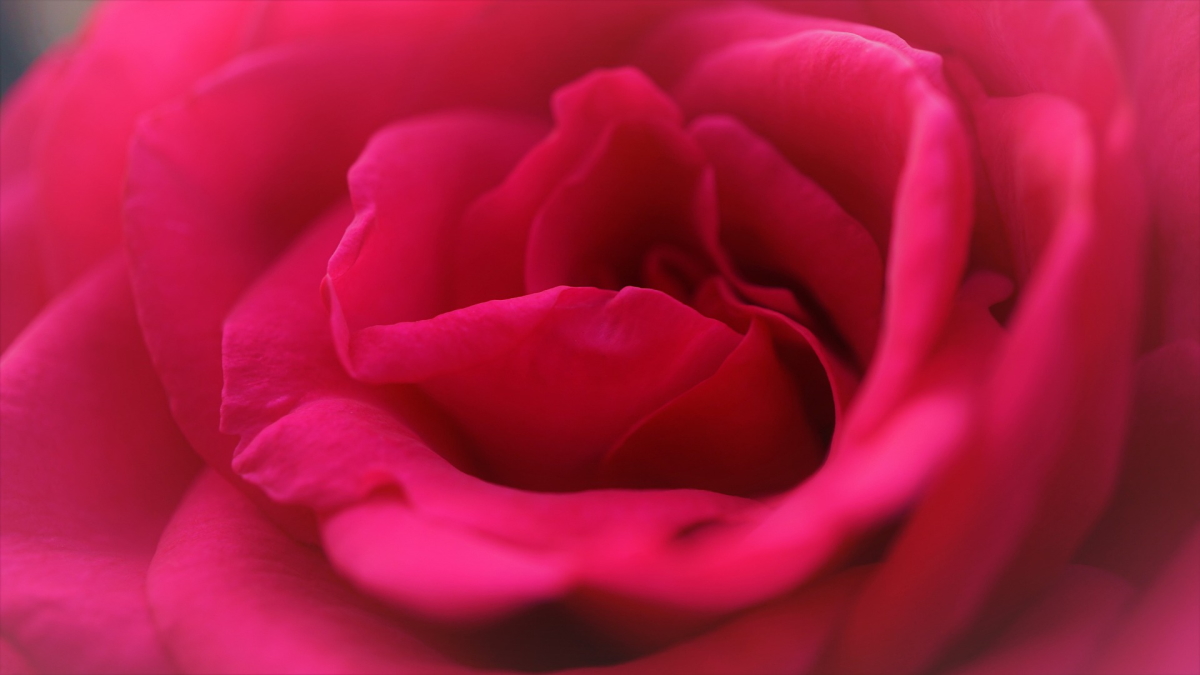“If You Leave” by OMD, and how a song stays with you
From the minor synthesizer chords to the spare, languid notes floating on the top, there is a haunting feel I get in my bones when I listen to the Orchestral Manoeuvres in the Dark (OMD) song “Walking on Air.” It turns out that what I feel is at least partly intentional. The song’s “initial inspiration [came] from the house that Andy [McCluskey, OMD singer/songwriter] was living in at the time[,] which was over 500 years old.” For me, the lyrics paint an indelible, shadowy memory, a longing for a time that has passed, and for someone who was once beloved but is no longer there:
No footsteps on the stair tonight
No cigarettes for me to light
No heavy scented clothes
To fall to the floor
But I’ll hear you calling when you’re not there
You’re walking on air
The lyrics, the chord progressions, the saxophone solo: all of it made for a lasting emotional impression. It’s a really sad song, bolstered by soaring vocals, and set to seemingly buoyantly happy music, keys to a template the band often uses to great effect. (See the video for “Don’t Go,” and bring tissues.) The lyrics of “If You Leave” conjure up a heart-wrenching high school scene in my head. I must have played that one song hundreds, probably thousands of times on repeat that first year. It’s a wonder that my roommate didn’t complain or bang on the wall separating our bedrooms to tell me to knock it off already.
A decade later, I was a music blogger for four different music outlets, and my words were being read around the world. I was offered a press pass to see OMD. The original lineup had reunited, and they were on their first US tour in over 15 years. At the time, I knew exactly one OMD song, and I was curious about their live performance. I wasn’t disappointed. At the worst points of my life, I have struggled with things most people take for granted like walking, so I was blown away by Andy McCluskey’s athleticism and endurance. Below is a video of “If You Leave” being performed at Terminal 5 in New York City on the same tour.
Photo at top was taken by me on the grounds of St. Alban’s Cathedral, England, days before my birthday in November 2011.



